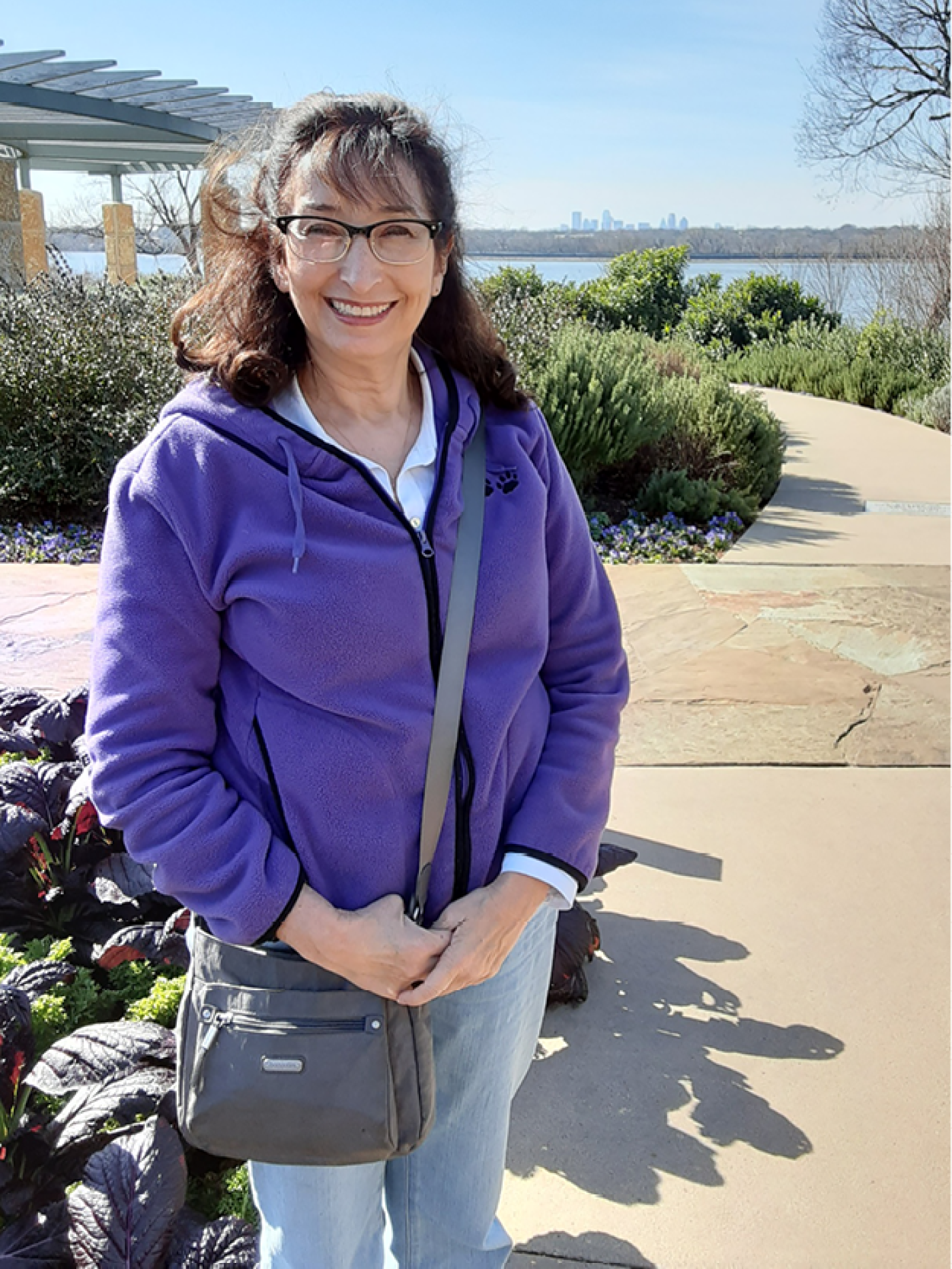Oh, well, you know, the unfortunate thing about it is they would not talk about it, so I don't know too much. Um, they each came from small towns that were about 30 or 40 minutes by car, outside of which is a large textile city. Sometimes it's pronounced large, and, um, they were in ghettos and then sent to a number of work camps. Um, uh, for, I don't know how many years. And, uh, until they were liberated by the Russians, um, they met after the war. They met through friends. They had returned to their towns, which, of course, did not want them back. And they suffered quite severe anti-Semitism, trying to re-establish themselves in their small towns. Um, my parents met and got married, and my dad had gone to trade school as a child, as a tailor. And he and my uncle, started a factory in which they made men's suits, that's where my sister and brother were born. And then the communists came in and demanded that the factory, you know, become communist. And they were like, you know, no, we're not doing that. So, um, they went to Israel for a year, but, um, my father found he really couldn't make it in Israel, um, because who wears suits in Israel in 1948? You know, his joke was that even the prime minister wore shorts. So by then, my mom, who, uh, miraculously, was one of five siblings, five siblings out of eight, survived. My dad was the only survivor of his family, but my mom, there were five of them, and a number of them had already made it over to the US. So, of course, she wanted to be with her siblings. So, um, they got sponsored to come to the US, and they, uh, my aunts and uncles had been sponsored in Portland. So that's how they wound up in Portland. That's kind of a nutshell. Version of the family story.
